As the naval and military situation in the eastern Mediterranean becomes more tense, the possibility of conflict grows weekly. At the center of this boiling cauldron is an increasingly aggressive and untethered NATO member – Turkey.
Led by the Islamist president, Recep Tayyip Erdogan, the country has, in the past two years, unilaterally expanded into numerous countries in the region and is provoking conflicts with fellow NATO members Greece and France, as well as Egypt, Cyprus, and Israel. Turkey is also forging closer military ties with Russia, worrying U.S. national security leaders.
Rich gas deposits in the eastern Mediterranean are believed to be the catalyst for Erdogan’s aggressive new posture, but a desire to regain some of the faded glory of the old Ottoman Empire may also play a role.
As part of its new expansionism, Ankara has developed a new “blue homeland” naval doctrine that according to David Romano at the Missouri State University, “envisions Turkey ignoring the internationally recognized coastal rights of islands and laying exclusive claim to huge chunks of the Aegean and the Mediterranean Seas.”
Some argue that Turkey’s new view of the eastern Mediterranean is akin to China’s dangerously illegal view of the South China Sea, making it a recipe for conflict. Romano adds in Arab News, that the “new Turkish territorial waters doctrine would leave nothing for Greek Cypriots and encircle most of the Greek islands in the Aegean.”
As a show of support for Greece and the other states threatened by Turkey, France has deployed several warships to the Mediterranean, notes Romano, “as a dangerous dance of gunboat diplomacy and naval drills is played out adjacent to gas explorations vessels in contested waters.”
However, Turkey’s troublemaking does not end there. Turkey’s invasions of northern Syria in 2018 and 2019 threatened to unravel the U.S., French and UK backed Kurdish-led offensive against the Islamic State (IS) – or Daesh. Erdogan appears to be backing IS and other radical Islamist groups in Syria and Libya.
Turkish forces also conduct regular strikes in northern Iraq, “lead thousands of mercenaries in Libya and advise and assist Muslim Brotherhood-linked politicians in Yemen,” notes Romana. But, beyond those serious conflicts with key NATO members, Romana adds several more:
Turkey for a long time denied NATO permission to use shared air bases in Turkey against Daesh.
Erdogan repeatedly threatened to unleash waves of refugees on Europe if the EU did not pay Turkey to host the refugees and even, on two occasions, if the EU dared to criticize Turkish invasions of Syria.
During the 2016 attempted coup in Turkey, the government accused the Americans of involvement in the coup attempt and even cut off electricity to the Incirlik base – where the US forces maintain several nuclear warheads. Erdogan’s government has repeatedly helped Iran to evade US sanctions.
The rupture between Erdogan and his NATO allies is so serious, in fact, that most of the Turkish military officers who trained with NATO in America and Belgium have come under suspicion in Ankara, with those abroad at the time of the 2016 attempted coup mostly requesting political asylum lest they be arrested in Turkey on trumped-up charges.
All this has raised real concerns about Turkey’s continuing place in the Western Alliance. However, despite these growing concerns, NATO lacks any mechanism for expelling members. Some, like the U.S., also believe that expelling Turkey from NATO would only push Erdogan closer to Russia and Islamism and prefer to try to use NATO as a framework and forum to negotiate with Turkey.
Erdogan may soon prove this view shortsighted and moot, as he continues to push the boundaries of acceptable behavior for a U.S. and NATO ally.
EDITORS NOTE: We at AAN appreciate you and your support of our work to counter the mainstream media narrative. Please share our news with your friends and family and encourage them to sign up for our newsletter.
Advertisement
Help President Trump Stop Joe Biden [ACT NOW]

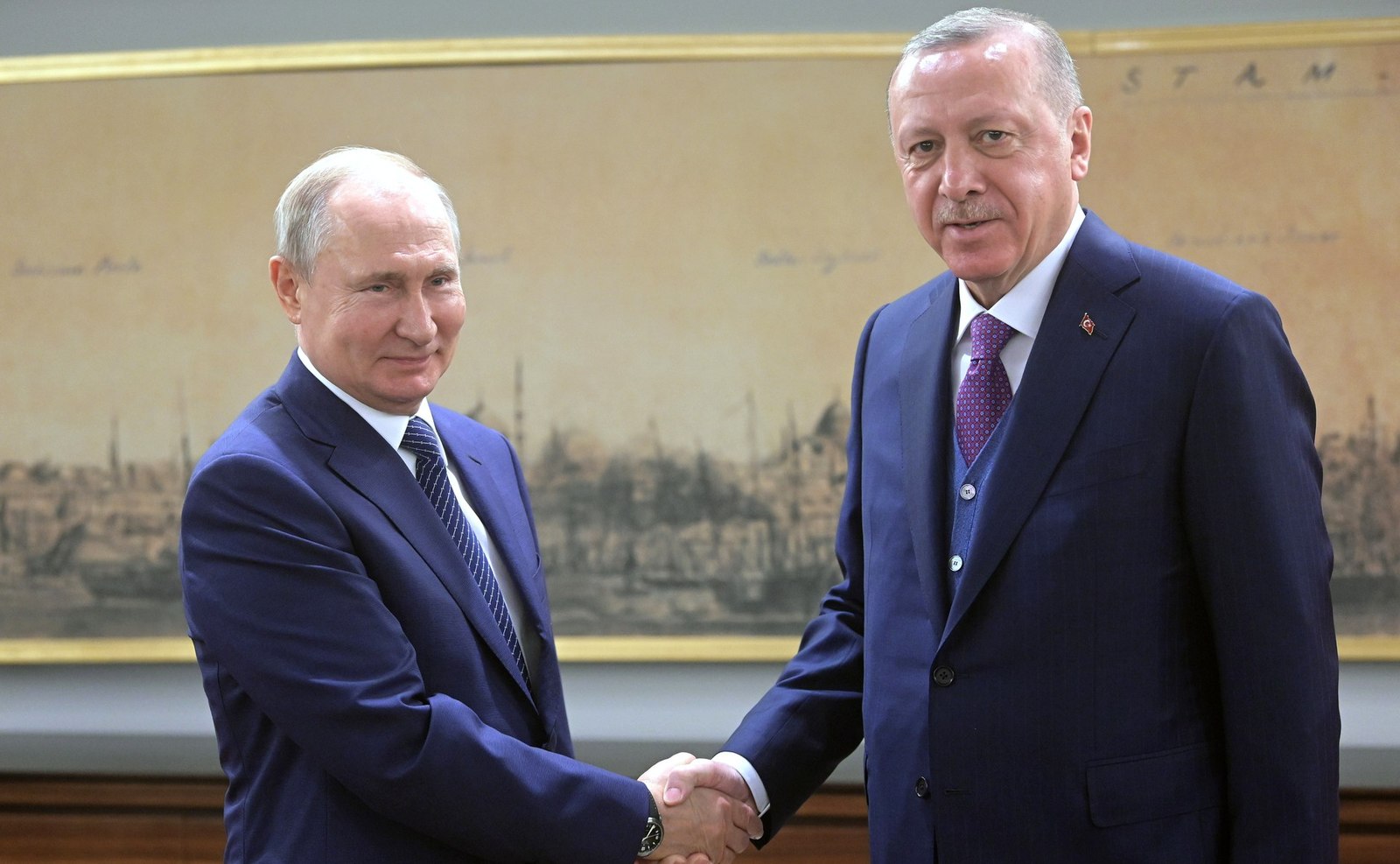
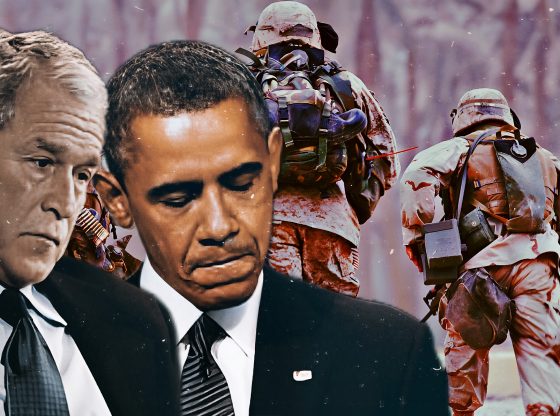
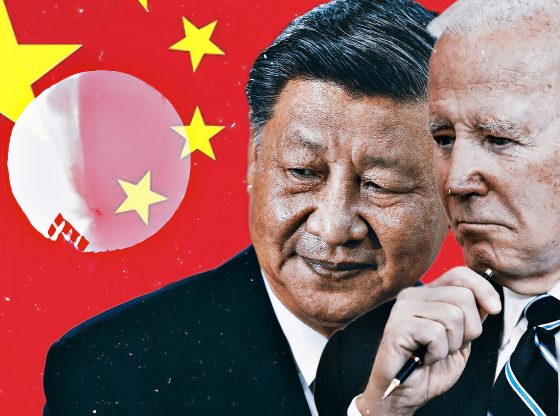
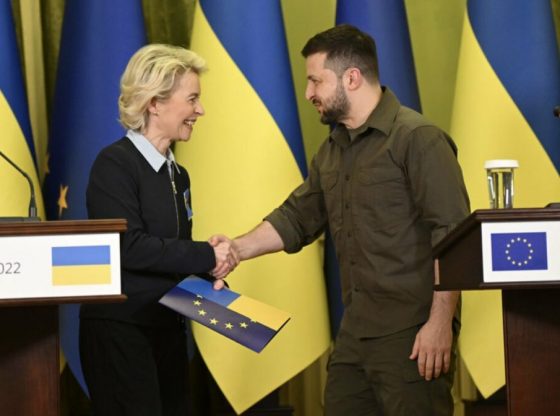
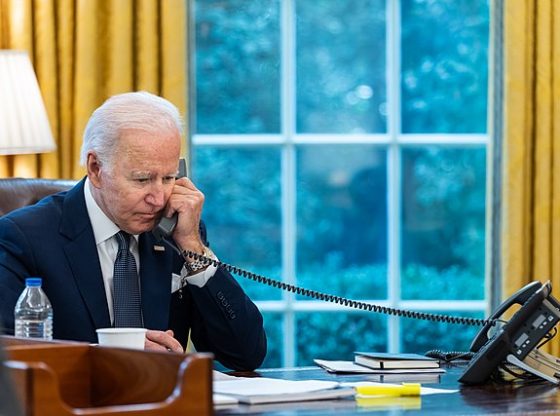
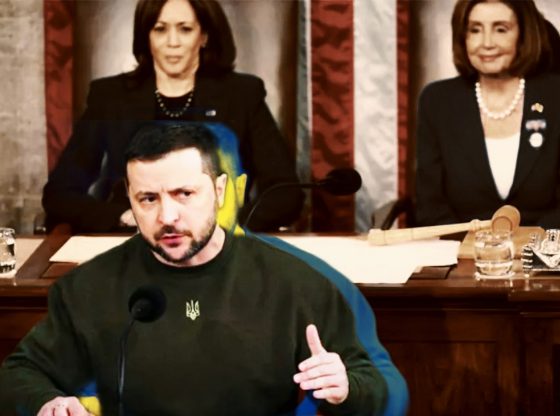








Turkey has decided to become an enemy. We just have not admitted it to ourselves yet. They will continue to push the envelope, getting as much as they can without force, until the door is shut.
ANd that is because of the non-functioning leftists who work at STATE DEPT.
This is the same attitude that Chamberlain had toward Hitler. It is WRONG to allow such a bully to win.